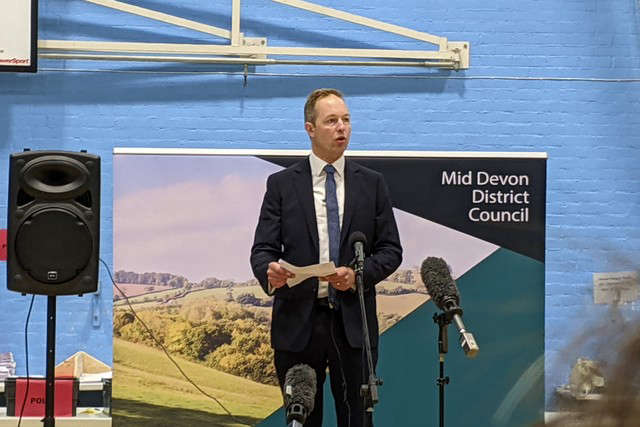
Devon Tory MPs should be concerned
Tiverton and Honiton’s newest MP Richard Foord described his triumph in last week’s by-election as a “shockwave through British politics.”
Certainly it was felt quickly in Westminster, where Conservative chairman Oliver Dowden resigned shortly after the Devon defeat became the Tories' second loss of the night.
Ripples also reached under-pressure Boris Johnson in Rwanda, there for the Commonwealth heads of government meeting. If some in his own party have their way, he will not be a head of government for much longer.
Now the dust has settled on the result, we explore some key themes from the by-election.
No typical by-election defeat
The Lib Dems won this seat by eliminating a Tory majority of 24,000 - the biggest ever overturned at a by-election. The prime minister cannot therefore dismiss this result as a case of the mid-term ballot box blues typically endured by governing parties.
Furthermore, the predominantly rural constituency was about as safe as parliamentary seats go until Neil Parish’s much-publicised resignation in April.
No party other than the Conservatives had represented Tiverton or Honiton at Westminster – in one form or another – since the 1920s. Even then, only Tiverton went to the Liberal Party for a time between 1923 and 1924. Otherwise both towns have been blue since at least 1885.
Lib Dems a force in south west again
The south west has traditionally been a Liberal Democrat heartland, holding power in councils and returning MPs. The 2015 general election, in which they were decimated following their first taste of government in a coalition, put paid to that.
But buoyed by winning overall control of the new unitary Somerset Council in May’s local elections and widespread dissatisfaction with a government mired in scandal, the Lib Dems eyed Tiverton & Honiton as a potential win. Despite Labour coming second here at the last two elections, its focus was on the other by-election in Wakefield.
Mr Foord was always likely to be the more obvious option for disgruntled Tories, given the Lib Dems are well represented at local council level. By contrast, Labour have just two district councillors in Mid and East Devon combined.
But an overwhelming win for a party that campaigned to re-join the EU at the last general election – no longer its policy - in an area that voted leave in 2016, suggests Brexit is no longer the big issue for voters it once was.

Tory candidate Helen Hurford polled nearly 20,000 votes fewer than her predecessor Neil Parish
Local issues matter
While the cost-of-living crisis was an overriding concern, local issues also played a big part in how people voted.
Opposition parties in this campaign claimed the Conservatives’ dominance in rural England had led to them taking seats like Tiverton and Honiton for granted, with money being diverted into former 'red wall' seats in the north of England – a suggestion they strongly denied.
Many voters expressed concern about the state of local services - and that 'levelling-up' meant money from the south being directed to the north. Lack of progress over a new Tiverton High School – backed by all major parties - was frequently mentioned, as were the area’s lengthy ambulance waiting times and struggles to access NHS dentistry.
All the main parties chose local candidates - something that doesn't always happen. All but two - the Lib Dems and the Conservatives - lost their deposits, meaning they couldn't win enough support to bag five per cent of the votes cast.
But national issues matter too
Despite the reason for Neil Parish's departure, many constituents spoke highly of him and the work he had undertaken locally since his election in 2010. But his Conservative successor as candidate, Helen Hurford, failed to impress sufficently enough with her local credentials as a former headteacher and businesswoman, suggesting national issues were important to voters.
Against a background of inflation above nine per cent, fuel hovering near £2 a litre, food and fuel prices soaring, and partygate fresh in the electorate's mind, a candidate whose government has been in charge for 12 years didn't have an easy sales message. Cabinet ministers pitching up to support Ms Hurford were kept well away from the media and from voters other than true blue supporters.

Lib Dem candidate's Richard Foord's campaign leaflets quoted Helen Hurford's backing for the prime minister
The Lib Dems' election machine exploited that. When Ms Hurford revealed she supported Boris Johnson in the week 148 of his MPs decided they didn't, Richard Foord's team quickly distributed leaflets with the PM's photo and Ms Hurford's quote.
Will tactical voting continue in the general election?
There is little doubt many voters felt forced into compromise at the ballot box. Many Conservative loyalists stayed at home on polling day or switched their vote. Labour's vote collapsed, although both Labour and the Lib Dems deny the existence of any formal pact.
Labour was the nearest Conservative challenger in 2019 but it appears its supporters simply got behind the most likely challenger – in this case Mr Foord.
The Lib Dems were helped by an orange army of activists and a candidate whom the Economist said "looks Devonian, with an authentically unfashionable haircut."
He also had the advantage of being a former soldier in a region with a high proportion of service veterans.
The scale of tactical voting in Thursday’s poll will worry some of Devon’s sitting Tory MPs, with the Lib Dems jumping 38 percentage points on their previous result.
East Devon MP Simon Jupp's constituency is to alter considerably in the forthcoming boundary changes. He will have to choose whether to contest a new Exmouth seat that will include a huge chunk of south and east Exeter, or more rural Honiton.
In Newton Abbot, Totnes, Torridge/West Devon and North Devon, Liberal Democrats were second to the Conservative winner in the 2019 election - and all have smaller majorities to overcome if they are to win.
If the tactical voting approach seen in Tiverton and Honiton is replicated elsewhere in Devon and further afield at the next general election, it may hamper the chances of a fifth consecutive term in office for the Tories.
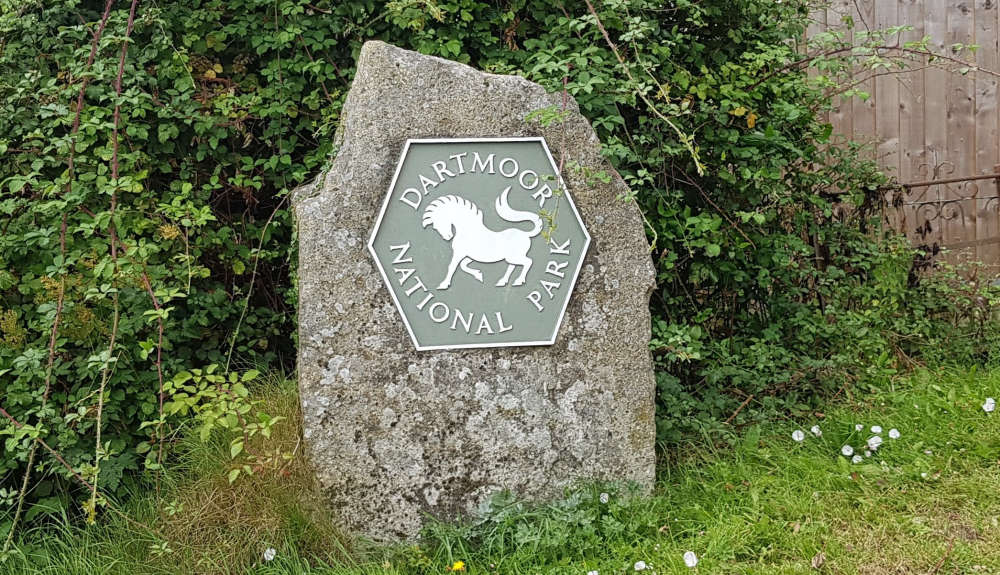 Doubt over benefits of new Dartmoor phone mast
Doubt over benefits of new Dartmoor phone mast
 Illegal vapes and cigarettes seized from Devon shop
Illegal vapes and cigarettes seized from Devon shop
 Devoncast – Elections, parking charges and police funding
Devoncast – Elections, parking charges and police funding
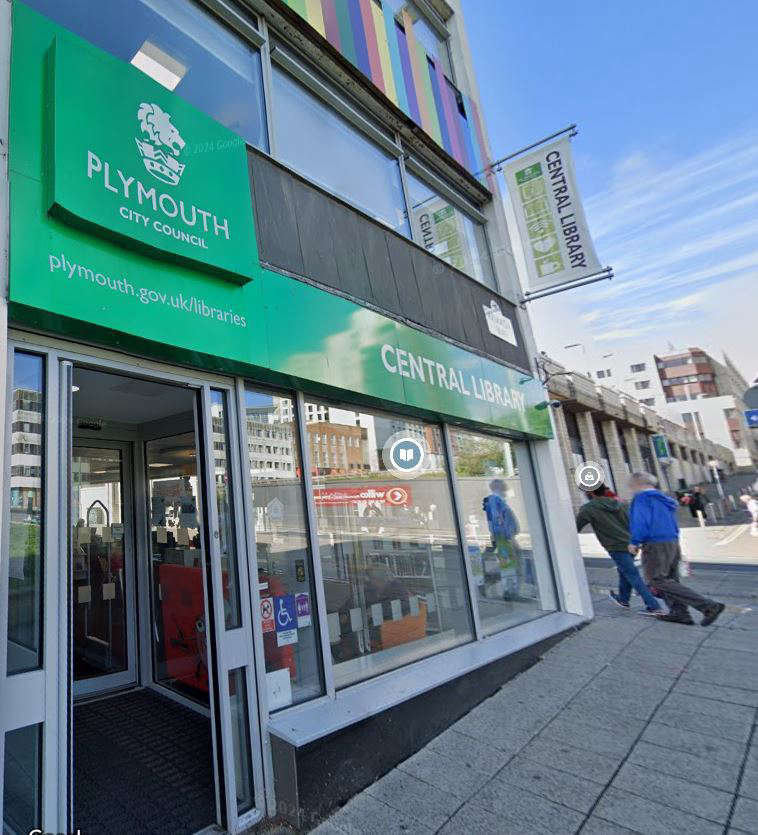 Plymouth central library to be used more as public interface
Plymouth central library to be used more as public interface
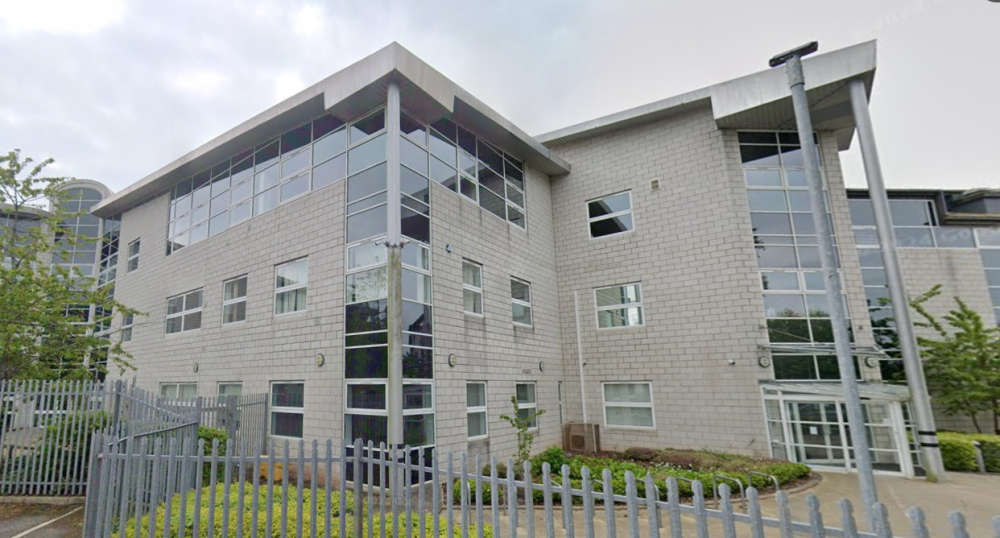 Council refuses to pause revamp of 'exemplar' Torquay deaf services
Council refuses to pause revamp of 'exemplar' Torquay deaf services
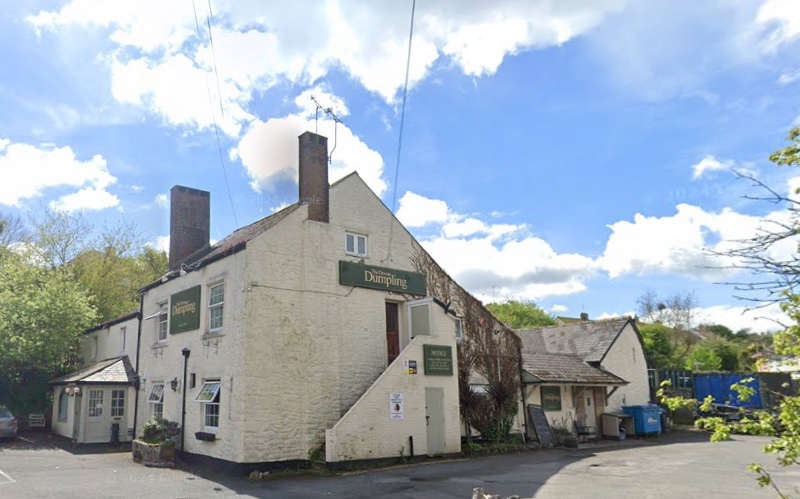 Much loved Torquay pub keeps licence
Much loved Torquay pub keeps licence
